Hybrid fruits are resistant to intensifying weather conditions
Plumegranates, aromacots, and blackots. These are just some of the weird and wonderful fruits being grown by Ben Dor Nurseries, a family farm that has been operating in Israel since the late Ottoman Empire.
They, like many farmers, crossbreed their fruits to develop cultivars with more desirable properties, like better taste, better yields, and a higher sugar content.
But the best part is that many of these hybrid fruits are resistant to climate change.
The Eden pear, for example, is resistant to sunburns, heat stress, and Fire Blight, a contagious disease that causes annual economic losses of over $100 million in the US alone.
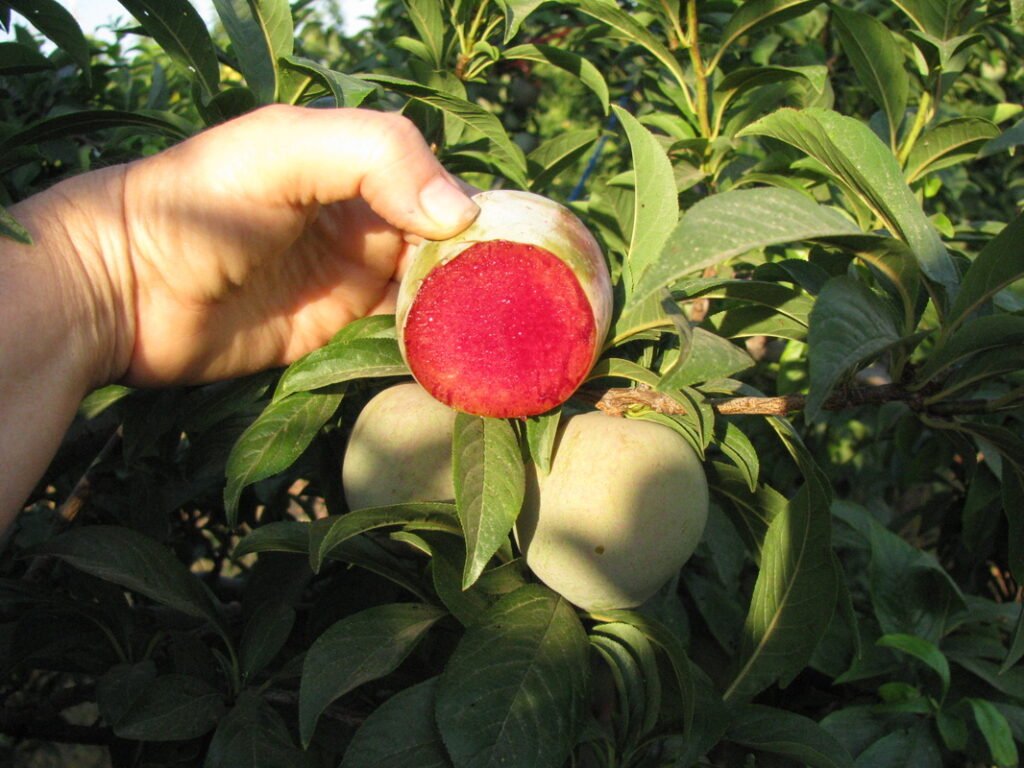
The nursery has been around since the late 1800s, but has recently turned its focus to developing strange and interesting fruit that are resistant to intensifying weather conditions.
Its cross-breeding program has been around for 40 years, but the family-run business only started to really develop it during the COVID-19 pandemic, when exports dropped off.
“We’ve been farming here for roughly 140 years,” says Ido Ben Dor, the company’s CEO. “My grandmother’s grandfather was Rothschild’s agronomist, who came to Israel to instruct and teach farmers who immigrated here from Eastern Europe.”
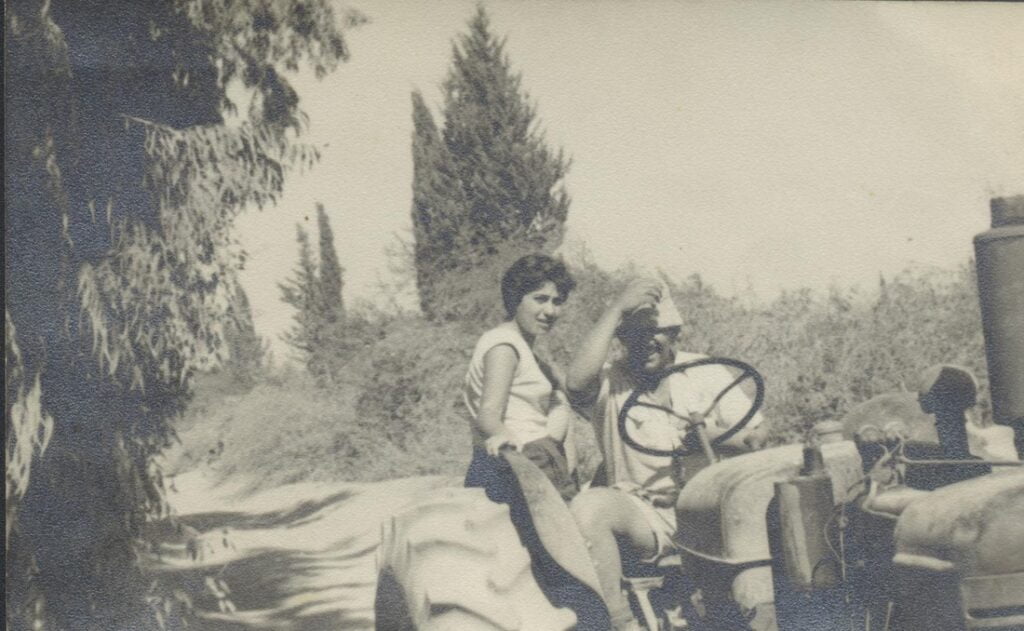
“The breeding program is the core of the business, which develops new varieties and new products that are special in flavor and different in characteristics.”
It began when Marks & Spencer, a major British retailer, asked for a specific yellow plum that they were missing on their shelves, so their first breeding was to complete the supply they lacked.
Since then, Ben Dor Nurseries has cultivated a variety of interesting fruit.
“We started with flavor, which is our advantage compared with other breeding programs,” Ben Dor tells NoCamels. “Flavor is what brings the buyer back to the supermarket to look for that specific product again.”
The nursery’s offerings include the plumegranate, which has dark red flesh, like a pomegranate – but with an antioxidant content that is three times higher.
It also cultivates the watermelon plum, which has green skin and deep red flesh, and the Eden pear. Both unique varieties are juicier, sweeter and more crunchy compared to their conventional counterparts.
Both have also been crossbred to be resistant to heat stress, sun burns, and low-chill areas. Such qualities are becoming crucial to grow fruits and vegetables due to climate change.
Global warming caused some NIS 300 million ($96.5 million) of damages to Israeli agriculture in the last year alone, with the hardest-hit sector being fruit, especially summer fruit like peaches, nectarines and plums.
Sign up for our free weekly newsletter
Subscribe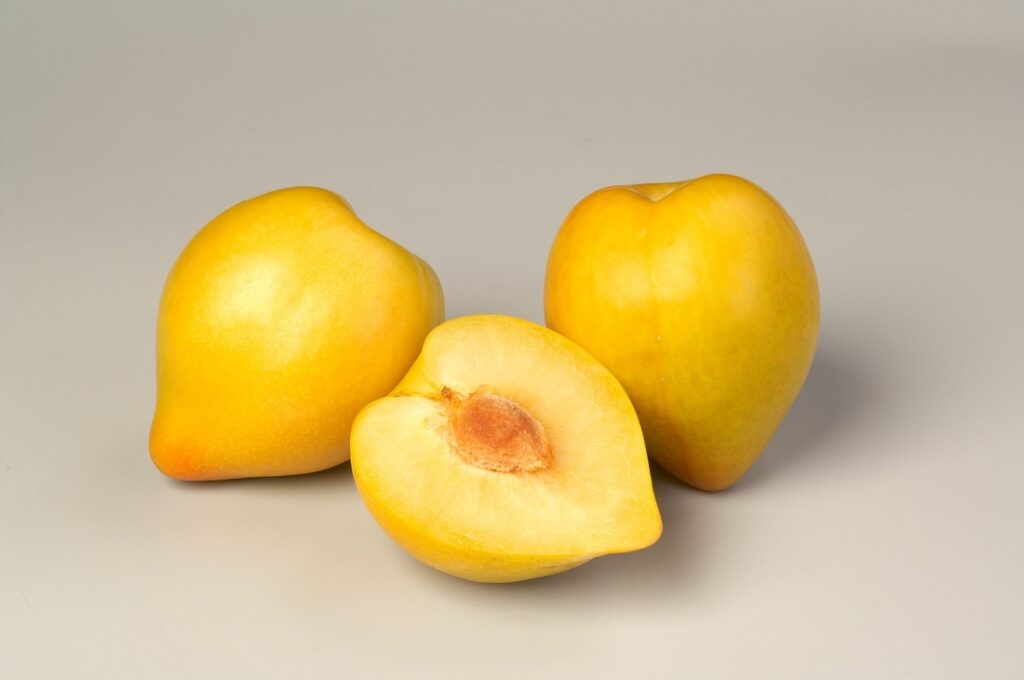
“Some varieties are more resistant to frost than others, and some are more resistant to heat. So we need to choose the right ones for the right growing area,” says Ben Dor.
“We breed in different harsh environments, like in Dubai and in northern Europe, to get these results, and have bred these qualities in different species.
“We have some varieties that flower in even minus five to minus seven degrees Celsius. But we also have late flowering varieties, which mean that the variety does not require a lot of chilling hours – they flower after the frost event, which is a way of overcoming the obstacle of frost in northern Europe.”
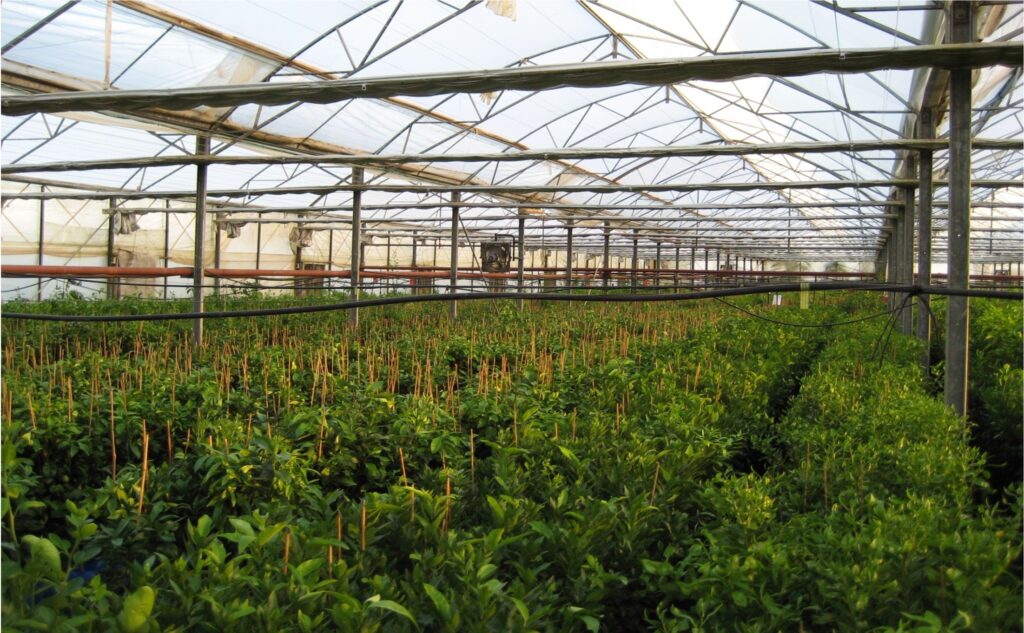
Crossbreeding fruit is a bit of a gamble. Ben Dor says 99 per cent of the fruits they yield are actually no better than the average or the best variety in the market.
But the one per cent yields fruits with characteristics that are much better than the average plum, peach, pear, or apricot on your local supermarket’s shelf.
The initial process is pretty simple. Pollen is collected from the anthers – the male part of the flower that contains pollen sacs – of one type of fruit’s flower, and is then rubbed on the stigma – the female flower that contains the ovary – of the base fruit, which is the fruit that will be altered.
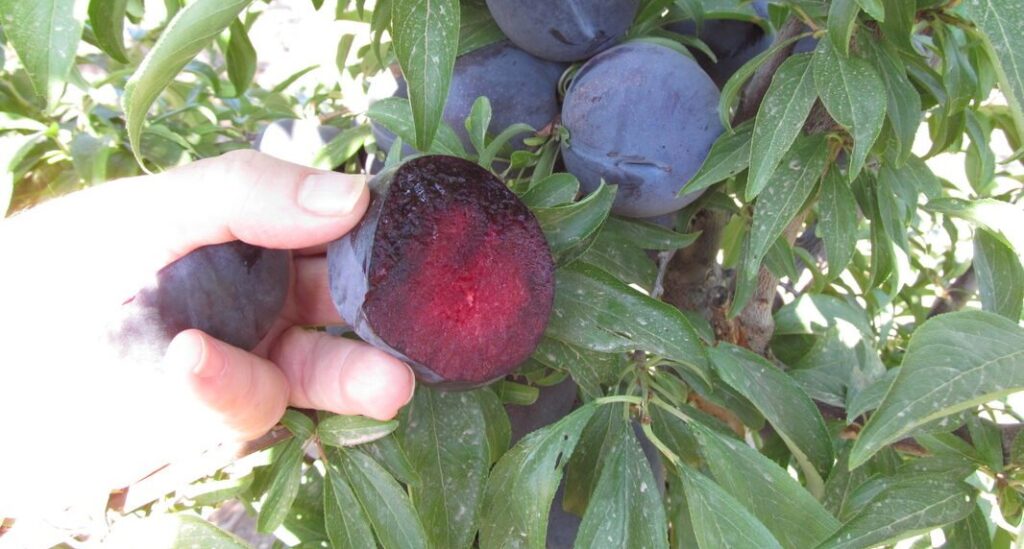
It takes an entire year to yield seeds, and several more to see results.
“To create resilience or tolerance to certain disease, stress, or climate conditions, you first need to choose the right parents. The seedlings have to be put in the harshest conditions, and then the best ones are chosen. We either bring the disease to them or plant them in very hot environments, and eliminate them at this stage.
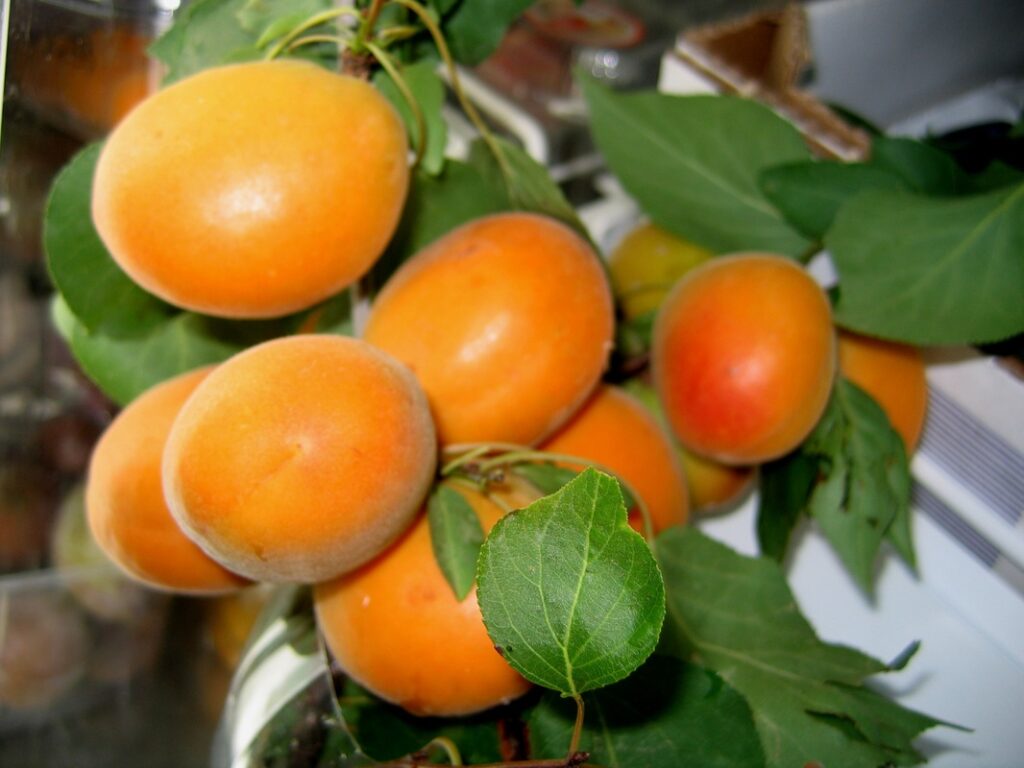
“In trees, it takes a lot of time, around 15 years until you get to a product. So you get the first results after maybe four or five years that you can evaluate, and then you need to wait many more years.
“And when you want to take this variety outside of a territory, let’s say send it from Israel to grow in France, then it takes another five years to grow and to bear fruit.”
Ben Dor Nurseries has around 300 hectares of land in the Hula Valley, northern Israel. It also has 50 hectares around the world where farmers grow its unique varieties under license.
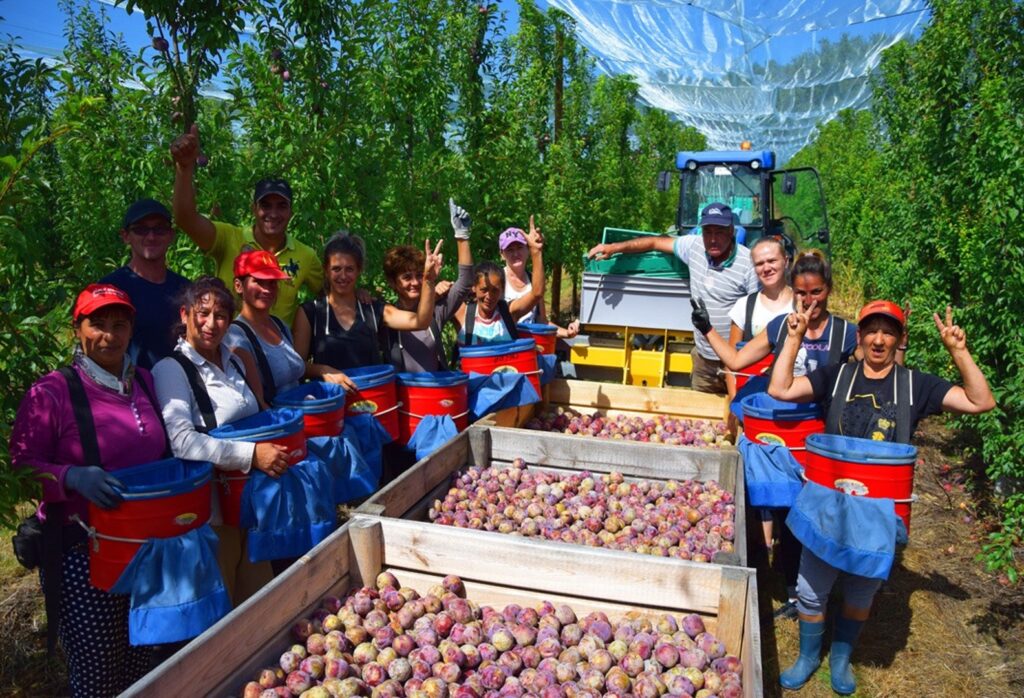
It cultivates its fruit in every continent, and in 34 countries – including the USA, Chile, South Africa, and Spain – under licensing and joint ventures with other nurseries, growers, and cooperatives.
It is currently developing new crossbreeds of fruit, which it seeks to cultivate in other countries.
“We aim to expand the breeding program and breed new varieties that can cope with global climate change, be adaptable to various climates, resilient to frost, diseases, pests, and heat stresses.”
Related posts

Resilient And Nutritious New Plant-Based Milk Aims To Make A Splash

Chocolate From Cultivated Cocoa Comes Without Environmental Toll

Plastic Fantastic: Startup Takes PVC Back To Its Crude Oil Roots


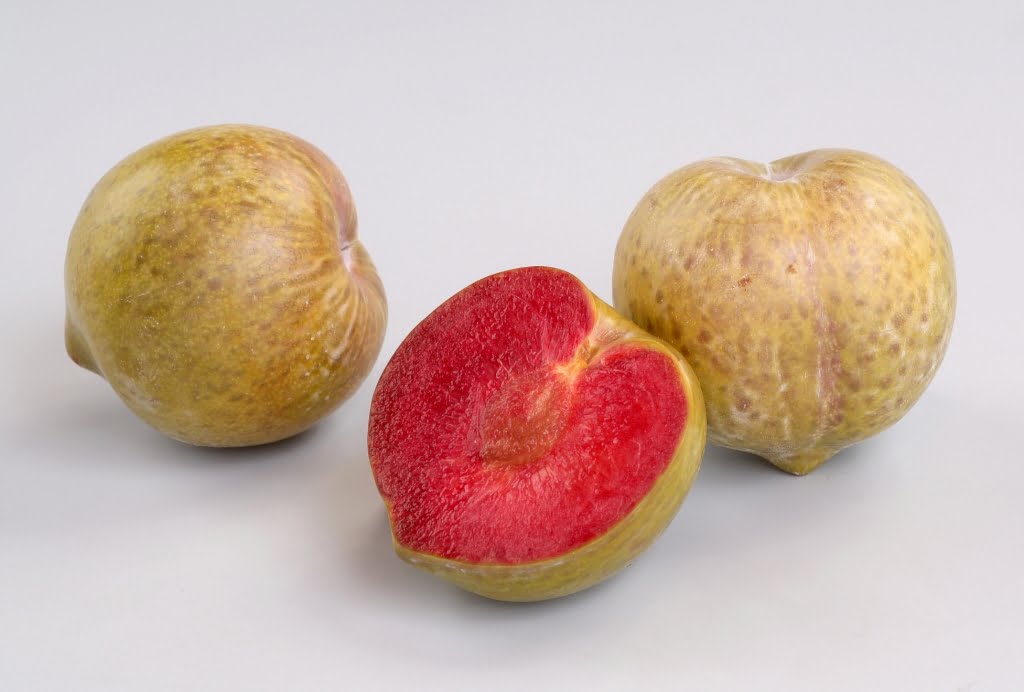

Facebook comments